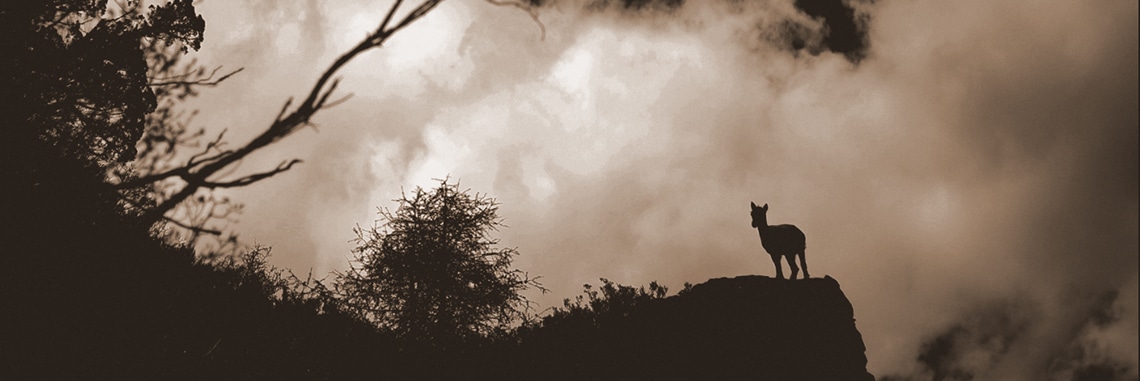
Choosing Love in a Time of Evil
Making a Choice
Wednesday, May 19, 2021
Between stimulus and response there is a space. In that space is our power to choose our response. In our response lies our growth and our freedom. —Viktor Frankl
The quote above sounds like something a teacher of contemplation would say! The practice of contemplation helps us to stand back from ourselves and take the view of what I and others call “the stable witness.” Then we are not attached to our thoughts or our knee-jerk reactions, and we can find the space we need to choose the way we want to act or the words that would be most helpful. While he is not known as a teacher of contemplation, psychiatrist Viktor Frankl (1905—1997) developed this wisdom during his time as an inmate in Auschwitz. He writes:
The experiences of camp life show that humanity does have a choice of action. There were enough examples, often of a heroic nature, which proved that apathy could be overcome, irritability suppressed. Humanity can preserve a vestige of spiritual freedom, of independence of mind, even in such terrible conditions of psychic and physical stress.
We who lived in concentration camps can remember the people who walked through the huts comforting others, giving away their last piece of bread. They may have been few in number, but they offer sufficient proof that everything can be taken from a person but one thing: the last of the human freedoms—to choose one’s attitude in any given set of circumstances, to choose one’s own way. . . .
Even though conditions such as lack of sleep, insufficient food and various mental stresses may suggest that the inmates were bound to react in certain ways, in the final analysis it becomes clear that the sort of person the prisoner became was the result of an inner decision [emphasis mine], and not the result of camp influences alone. Fundamentally, therefore, any person can, even under such circumstances, decide what shall become of them—mentally and spiritually. They may retain their human dignity even in a concentration camp. . . . It is this spiritual freedom—which cannot be taken away—that makes life meaningful and purposeful. . . .
The way in which a person accepts their fate and all the suffering it entails, the way in which they take up their cross, gives them ample opportunity—even under the most difficult circumstances—to add a deeper meaning to their life. It may remain brave, dignified and unselfish. Or in the bitter fight for self-preservation they may forget their human dignity and become no more than an animal. Here lies the chance for a person either to make use of or to forgo the opportunities of attaining the moral values that a difficult situation may afford them. . . .
When we are no longer able to change a situation . . . we are challenged to change ourselves.
Reference:
Viktor E. Frankl, Man’s Search for Meaning (Beacon Press: 1959, 2006), 65–67, 112. Note: Minor edits made to incorporate gender-inclusive language.
Story from Our Community:
How does a little girl make sense of her mother dying when she was 3? Or her father marrying a person who murdered him a few years later? For me, Fr. Richard’s words “If you don’t transform your pain, you transmit it” is a matter of life or death. Meeting Jesus again at 40 took the blinders off and unveiled the tapestry of my storyline—redemptive suffering, salvation, a loving Father, unconditional love, eternal perspective, a purpose, and new beginning. The truth will set you free. —Linda D.
Image credit: Chaokun Wang, The creatures dream 生灵之梦 (detail), 2017, photograph, Wikiart.
Image inspiration: A single deer under gray skies stands in a seemingly hopeless position. And yet . . . it is grounded, positioned to face what is before it, leaning forward into the wind. How have contemplatives who have come before us remained grounded and active in the face of oppressive systemic evils? How do we?

